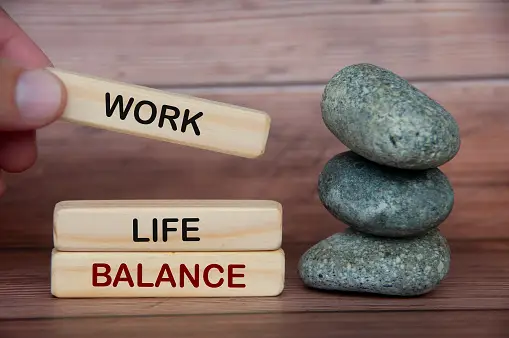What are the effects of work-related travel on work-life balance?
- 102 Views
- johnpreston12
- February 24, 2024
- Lifestyle
The effects of work-related travel on work-life balance are multifaceted and complex, with implications that vary depending on the nature of the job, the individual’s personal circumstances, and the specific demands of the travel involved. This analysis explores the various dimensions of how work-related travel impacts work-life balance, including its effects on personal time, family relationships, health and well-being, professional development, and job satisfaction.
Personal Time and Flexibility
Work-related travel can significantly encroach upon an individual’s personal time, often blurring the lines between work hours and personal hours. This encroachment can lead to longer workdays and less time available for personal activities, hobbies, and relaxation. The unpredictable nature of travel schedules, including delays and extended trips, can further exacerbate this issue, leading to a sense of loss of control over one’s own time.
However, for some, work-related travel may offer a degree of flexibility that traditional office jobs do not. It can provide opportunities for exploring new places and can sometimes be combined with personal leisure activities, albeit within the constraints of the work commitments. This aspect of travel can be particularly appealing to those who value new experiences and have a high degree of autonomy in managing their work schedules.
Family Relationships and Social Life
The impact of work-related travel on family relationships and social life can be profound. Extended periods away from home can strain relationships with partners, children, and wider family networks. The absence of a family member due to work travel can disrupt family routines, lead to missed milestones and celebrations, and place additional burdens on the non-traveling partner.
Social connections outside of the family can also suffer, as frequent travel can make it challenging to maintain friendships and participate in community activities. The transient nature of work-related travel can lead to a sense of isolation and detachment from one’s social network.
Health and Well-Being
The health implications of frequent work-related travel are significant. The stress associated with travel, including preparing for trips, dealing with unforeseen issues, and adapting to different environments, can lead to increased levels of stress and anxiety. Physical health can also be impacted, with irregular eating patterns, reduced opportunities for exercise, and exposure to germs in public spaces like airports and hotels contributing to a decline in physical well-being.
Moreover, the disruption to sleep patterns, due to jet lag and changing time zones, can have serious implications for mental and physical health. Chronic disruption of circadian rhythms can lead to long-term health issues, including cardiovascular diseases and weakened immune responses.
Professional Development and Job Satisfaction
On the positive side, work-related travel can offer unique opportunities for professional development. Exposure to new environments, cultures, and business practices can enhance an individual’s skills and broaden their perspectives, potentially leading to career advancement and increased job satisfaction. The ability to successfully navigate the challenges of work travel can also enhance an individual’s resilience and adaptability, valuable traits in the modern workforce.
However, the benefits of travel for professional development must be balanced against the potential for burnout. The constant cycle of preparation, travel, and recovery can be exhausting, and without adequate support and recognition from employers, job satisfaction can decline. The perceived necessity of travel for career progression can also lead to resentment, particularly if the individual feels that the travel is excessive or not sufficiently rewarded.
Balancing Acts and Coping Strategies
Individuals and organizations are increasingly recognizing the need for strategies to mitigate the negative impacts of work-related travel on work-life balance. Flexible working arrangements, including the ability to work remotely and adjust schedules around travel commitments, can help. Employers can also support employees by recognizing the demands of travel and providing adequate downtime and support for recovery.
Personal coping strategies are also essential. Prioritizing health through diet, exercise, and sleep, maintaining connections with family and friends through technology, and setting clear boundaries between work and personal time can help individuals manage the demands of work-related travel.
Conclusion
The effects of work-related travel on work-life balance are complex and highly individualized. While travel can offer opportunities for professional growth and personal enrichment, it can also pose significant challenges to personal time, relationships, health, and overall well-being. Balancing the demands of work-related travel with the needs of personal life requires a concerted effort from both individuals and their employers. Strategies that support flexibility, health, and connectivity can help mitigate the negative impacts of travel, ensuring that individuals can enjoy the benefits of their work commitments without sacrificing their work-life balance.
Click here to visit website
Recent Posts
- DigitilizeWeb: The Ultimate Choice for Bespoke Mobile App Development Services in the UK
- Top 3 Online Baby Gift Shops in Singapore for Memorable Newborn Presents
- Where to Find Reliable Suppliers to Buy iPhones in Bulk Wholesale
- How Licensed Access Control Fencing Can Secure Your Property?
- Embracing the Philosophy of “I Fear No One, But Respect Everyone” – Tymoff
